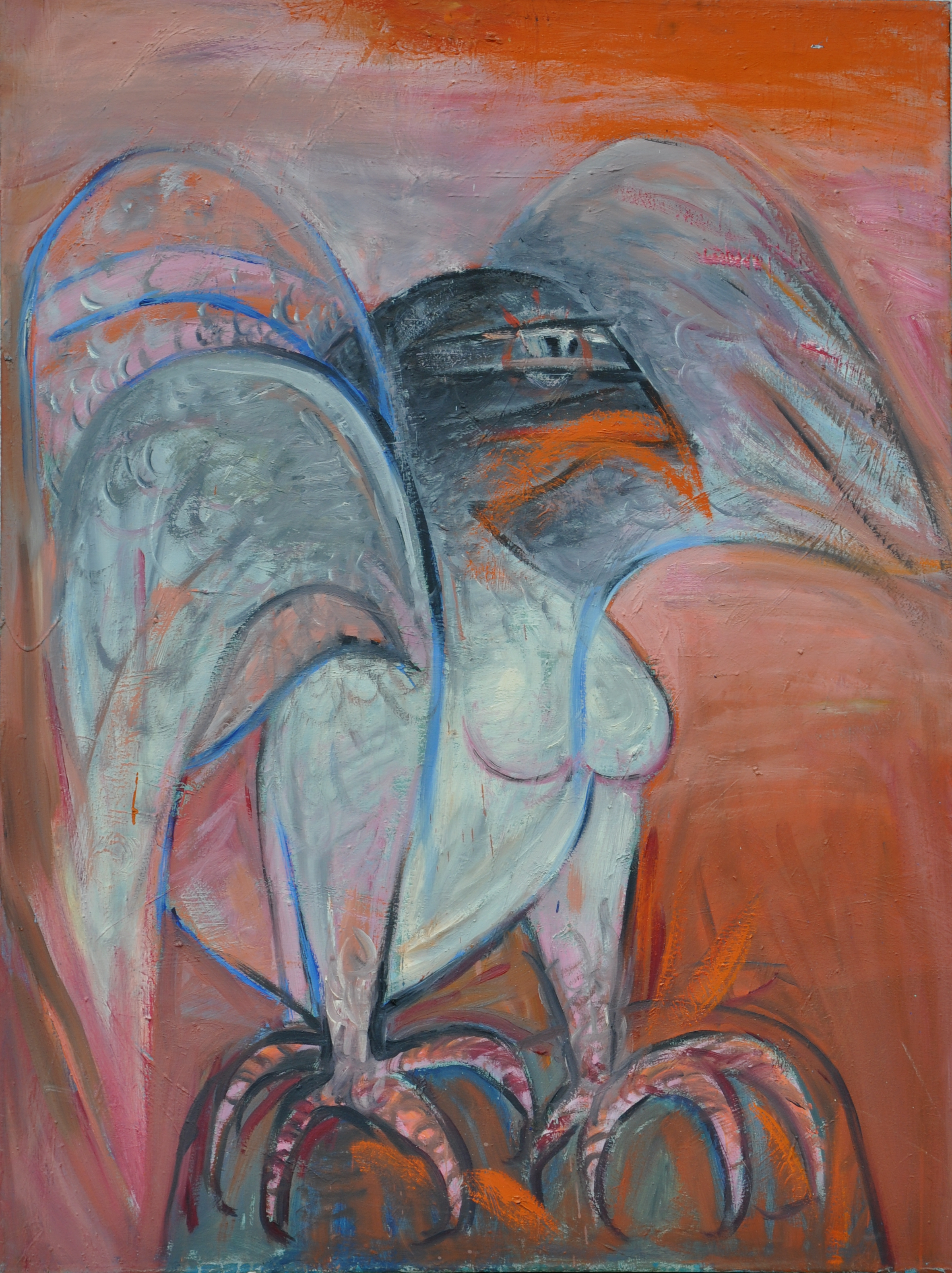I am reading this pamphlet here: https://simorgh.de/talks_1/antispe_pamphlet_awe_4ascut.mp3
Humans consider the universe to be inexplicable in its infiniteness, while they believe they can explain animals, namely as something like the lower and lowest citizens within the world of those schemes that may just suit our stratagems at any given time:
With all the awe and human knowledge expressed in the recognition of our practical factual limitedness [1] in regards to earth and the universe, we nevertheless willfully take the conscious and the habitualized decision, on a ritual and on the institutionalized level, to let ourselves and/or others ascribe Nonhumans (Animals) the status of lower earth citizens, in an assertively and uniquely objectifying way.
As if we were to decide, exempting our humanness selectively by the facts-creating-means of degradation, injury, murder, ridicule; while we subject the habitat of Nonhuman Animals to a similarly dominant way of rule – making the suggestion that ignoring Animal Sapiens’ eco-knowledge and sense was simply dismissible. And there our sense of utility and order faces the even more seemingly distant reality of even other life and other ‘forms of existence’.
Outwardly, such pretensions work in a particular way, but inwardly in the realm of free thought, this arbitrariness does not work: conscience, knowledge, freedom all pay the toll for the arbitrary separation that humans collectively and contractually draw at the boundary of ‘knowledge of the world’ and ‘knowledge of animality’.
Natural sciences reflect only the questions that people construct about them. One knows this, and theoretically one recognizes such limitations. The typical questions we ask about non-human animals, based on zoological biologistic assumptions, already presuppose that animals are not Animales Sapientes or „Animal Sapiens“ to us, but explicable entities considered in terms of our explanatory categories. We make a final limited determination about ‚being an animal‘, which does not require from us, and in principle makes superfluous, to question basic categories from their principle and with the addition of a more far-reaching perspectivity than that of considering them as forms of being further down on our conceived “evolutionary ladder”.
—
[1] Interesting in this context, the artistic-compositional ponderings by Bettina Skrzypczak in her idea behind her composition ‚anomalia Lunae media‘ https://bettina-skrzypczak.com/comments/anomalia-td.html : Euler’s logical conclusion about scientific limitation to which Skrzypczak refers, is also reminiscent of Hannah Arendt’s discussion of ‘nature and history’, in a more condensed form in http://gellhardt.de/arendt_bluecher/2_Natur_u_Geschichte.pdf and in long strands of thought in her work The Human Condition. [Accessed 25.05.23]
Edition Farangis: Animal Autonomy E-Reader; ISSN 2700-693X
Jahrgang 4, 2023, Nr. 3
Pamphlets: Awe.
Edition Farangis, Usingen / Ts.
Arts: Farangis G. Yegane; Texts: Gita Yegane Arani und Lothar Yegane Arani.

